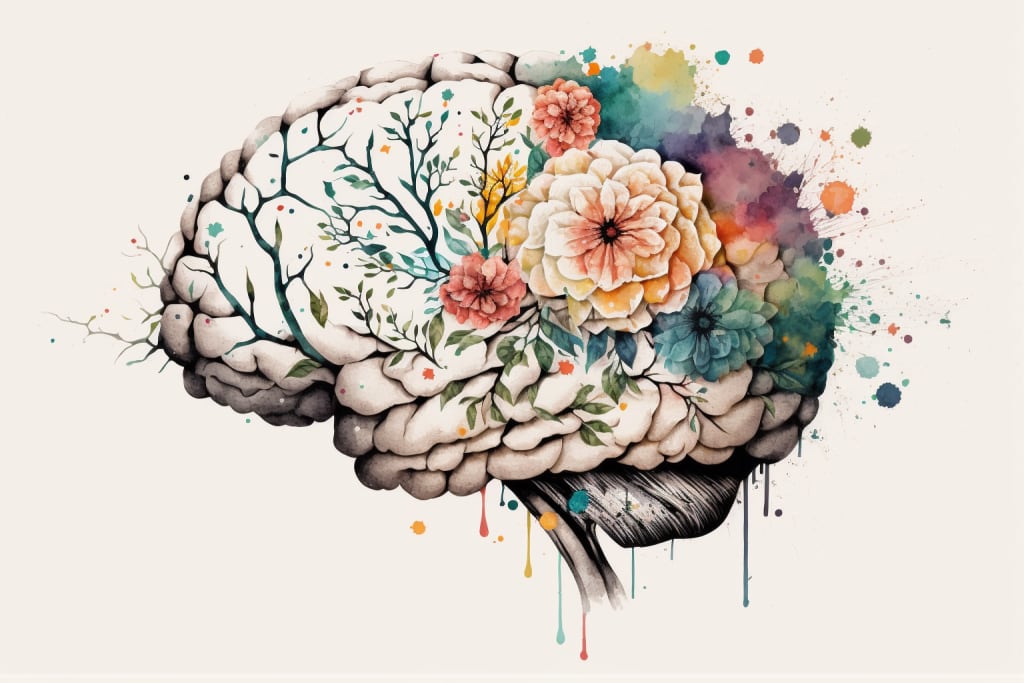Emotional Intelligence: Developing Your EQ for Improved Relationships and Communication
Developing Your EQ for Improved Relationships and Communication

Emotional intelligence (EI) is the ability to recognize, understand, and manage your own emotions, as well as the emotions of others. It is an important skill to develop for improving relationships and communication in both personal and professional settings.
Developing your emotional intelligence involves four key skills: self-awareness, self-management, social awareness, and relationship management.
Self-awareness involves recognizing and understanding your own emotions and how they impact your thoughts and behavior. By being more self-aware, you can better manage your emotions and respond to situations in a more productive and effective manner.

Self-management involves using your self-awareness to regulate your emotions and behavior. This includes strategies such as deep breathing, positive self-talk, and finding healthy ways to cope with stress.
Social awareness involves being able to recognize and understand the emotions of others, as well as the social dynamics of a situation. This includes empathy, active listening, and paying attention to nonverbal cues.
Relationship management involves using your self-awareness, self-management, and social awareness skills to build and maintain positive relationships with others. This includes effective communication, conflict resolution, and building trust.
Here are some practical tips for developing your emotional intelligence:
1. Practice mindfulness:
Mindfulness involves being present and non-judgmental of your thoughts and emotions. By practicing mindfulness, you can increase your self-awareness and regulate your emotions more effectively.
2. Use positive self-talk:
Negative self-talk can impact your emotions and behavior in a negative way. By practicing positive self-talk, you can improve your self-esteem and self-confidence.

3. Practice active listening:
Active listening involves fully engaging with someone when they are speaking, and paying attention to both verbal and nonverbal cues. This can help you better understand the emotions and needs of others.
4. Build empathy:
Empathy involves putting yourself in someone else’s shoes and understanding their perspective. This can help you build stronger relationships and communicate more effectively.
5. Take responsibility for your emotions:
Instead of blaming others for your emotions, take responsibility for them and work on regulating them in a more productive manner.
6. Practice assertiveness:
Being assertive involves communicating your needs and boundaries in a clear and respectful way. This can help prevent misunderstandings and improve relationships.

7. Practice conflict resolution:
Conflict is a natural part of any relationship, but by practicing effective conflict resolution skills, you can resolve conflicts in a way that strengthens the relationship.
8. Build emotional resilience:
Emotional resilience is the ability to bounce back from setbacks and challenges. This can be done by building a support system, practicing self-care, and reframing negative experiences into opportunities for growth and learning.
9. Seek feedback:
Feedback from others can help you identify areas for improvement and strengthen your emotional intelligence skills.
10. Practice gratitude:
Gratitude involves recognizing and appreciating the positive things in your life. By practicing gratitude, you can improve your overall emotional well-being and build stronger relationships.
In today's fast-paced and complex world, emotional intelligence is more important than ever. By developing your EQ, you can improve your relationships, communicate more effectively, and navigate difficult situations with greater ease and grace. Remember that emotional intelligence is not a fixed trait, but rather a set of skills that can be developed and improved over time. With intention, practice, and self-reflection, you can cultivate the habits and mindset necessary to unlock your full potential and live a more fulfilling life.
Developing your emotional intelligence is an important step towards improving relationships and communication in all aspects of your life. By focusing on self-awareness, self-management, social awareness, and relationship management, and practicing the practical tips outlined above, you can enhance your emotional intelligence and unlock your full potential.






Comments
There are no comments for this story
Be the first to respond and start the conversation.